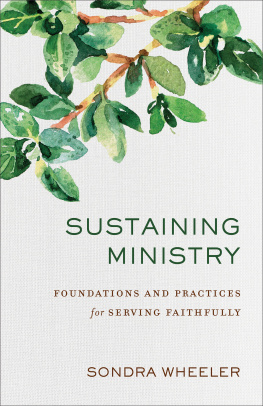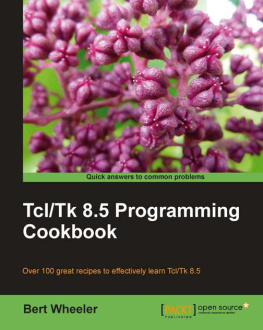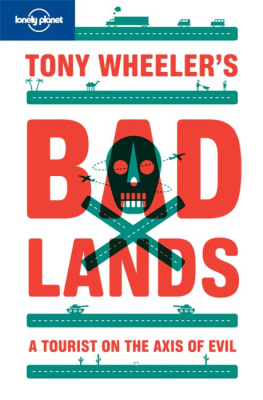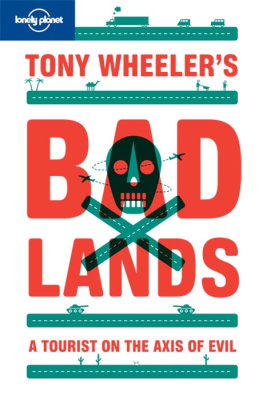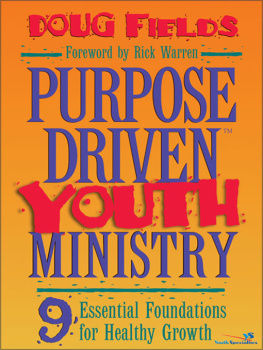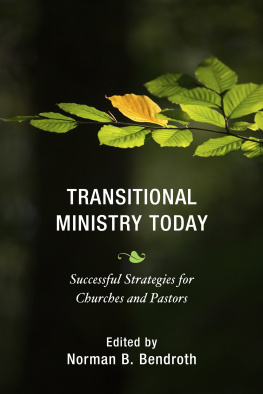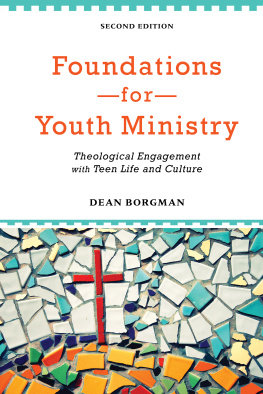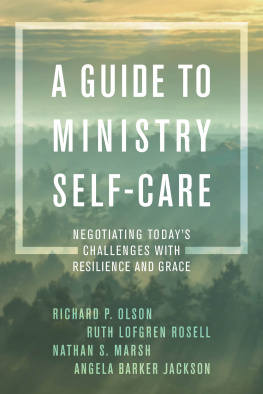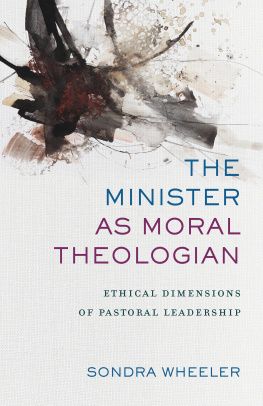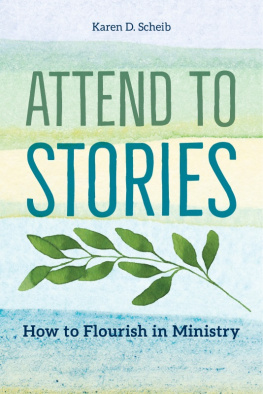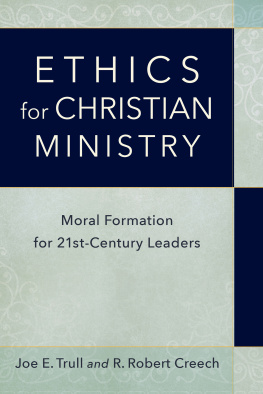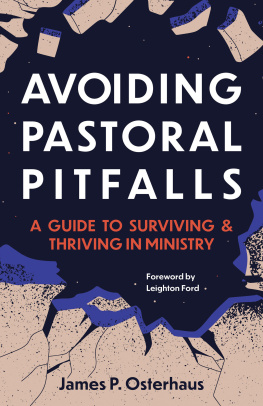Copyright Page
2017 by Sondra Ely Wheeler
Published by Baker Academic
a division of Baker Publishing Group
PO Box 6287, Grand Rapids, MI 49516-6287
www.bakeracademic.com
Ebook edition created 2017
All rights reserved. No part of this publication may be reproduced, stored in a retrieval system, or transmitted in any form or by any meansfor example, electronic, photocopy, recordingwithout the prior written permission of the publisher. The only exception is brief quotations in printed reviews.
Library of Congress Cataloging-in-Publication Data is on file at the Library of Congress, Washington, DC.
ISBN 978-1-4934-1157-3
Unless otherwise noted, all Scripture quotations are from the New Revised Standard Version of the Bible, copyright 1989, by the Division of Christian Education of the National Council of the Churches of Christ in the United States of America. Used by permission. All rights reserved.
Scripture quotations labeled KJV are from the King James Version of the Bible.
Scripture quotations labeled RSV are from the Revised Standard Version of the Bible, copyright 1952 [2nd edition, 1971] by the Division of Christian Education of the National Council of the Churches of Christ in the United States of America. Used by permission. All rights reserved.
Endorsements
Many contemporary analyses of clergy ethics take a backward-looking view of the power dynamics inherent in pastors relationships with their flock. These analyses then offer a rules-based model for the prevention of clergy ethics violations. In Sustaining Ministry , Wheeler points beyond a rules-based model to the necessity of practicing the deeply rooted Christian spiritual disciplines that form emotional and moral health. These practices, Wheeler argues, are the tools that will most fruitfully shield churches and their clergy from ethics abuse and will build abundant communities of faith. Sustaining Ministry , along with Wheelers earlier The Minister as Moral Theologian , is a must-read for everyone in ministry, from bishops to lay pastors.
Kathryn Greene-McCreight , author of Darkness Is My Only Companion: A Christian Response to Mental Illness
Wheeler draws on her deep familiarity with what makes ministry distinct as a profession and a way of life. She writes beautifully and accessibly; often I felt I was as much listening to her wise counsel as reading it. She skillfully weaves insights from clergy self-care with pastoral ethics, and while she is unflinchingly realistic about the moral dangers of ministry, she is also sympathetic toward those who try to navigate them. This book will be especially useful in seminary contexts and for those just entering the ministry profession.
Barbara J. Blodgett , author of Lives Entrusted: An Ethic of Trust for Ministry
This new book by Sondra Wheeler provides a wealth of practical wisdom for readers. While policies, procedures, and professional codes of ethics are important, Professor Wheeler reminds us they cannot do all the work of moral and ministerial formation. Through this book, we are called to develop deeper reservoirs for sustaining ministry through practices of prayer and accountability. These practices help ministers and Christian leaders live into the goodness of God so that they in turn are better able to help churches and communities grow in Gods goodness and to faithfully extend that goodness outward to the world. I will be using this book in my classes.
Wyndy Corbin Reuschling , Ashland Theological Seminary
Sondra Wheeler combines ethical, biblical, and theological expertise with thorough analytical skills to address dilemmas of clergy life. Drawing on the serving heritage of professions, she shows how clergy face special issues, particularly around power. She performs a careful diagnosis of perils and temptations clergy encounter while offering positive practices to sustain an ethical ministry.
Lovett H. Weems Jr. , Wesley Theological Seminary
Dedication
To all the pastors who have shared with me
their successes and failures in ministry,
whose hard-earned insights made this work possible
Contents
Cover
Title Page
Copyright Page
Endorsements
Dedication
Acknowledgments
Abbreviations
Introduction: Why Good Rules Arent Enough
1. A Moral Framework for Power
2. Laying Deeper Ethical Foundations
3. Protecting Space for Ministry
4. Understanding How Ministers Get into Trouble
5. Embracing the Practices That Sustain Faithfulness
Further Reading
Index
Back Cover
Acknowledgments
This book is largely the fruit of conversations conducted over more than twenty years with long-serving ministers and new student-pastors, district superintendents and bishops, and judicatory officials from several denominations. Occasionally they involved congregants whose pastors had gotten into moral difficulties of one kind or another. It would be impossible, and probably unwise, to name all these interlocutors. Those who have participated in these conversations may recognize themselves in this book, but I would not be surprised if they did not. (We often do not realize the impact our casual remarks may have on someone else.) In any case, I remember them and remain grateful for their particular insights and contributions.
Special thanks are owed to Reverend Anna Copeland, pastor in the United Church of Christ, who read and responded to some of the most delicate sections of the text, sharing with me the fruit of her considerable experience and challenging me to rethink some of my own judgments. The Reverend Peter Moon, district superintendent in the United Methodist Church, patiently entertained my questions and offered me his own perspective on questions of policy and procedure in cases of misconduct, which was very helpful.
I also garnered ideas and insights from others in the field of ministerial ethics, several of whom are cited in the text or whose work is included in the list of further readings. But even among colleagues, it was often the collateral discussions at meetings and the exchange of stories we had heard or been part of that proved most provocative and useful. In this regard I think especially of Joe Kotva, a colleague with many years of pastoral experience, and Rebekah Miles, professor of Christian Ethics at SMU. In exchanges with such people I discovered illuminating patterns, consistent ways in which ministers begin to go wrong, and likewise consistent ways they find their way back in time (or dont).
There is, I have learned, no formulano policy or procedure or set of rules that can guarantee that a person will not become confused or cynical about the role of pastor and misuse its powers. But there are ways forward, strategies and disciplines that help ministers negotiate the challenges they face and offer them safe and healthy ways to receive the support every human being needs. What I know about these practices I have learned chiefly from listening to and watching others, gifted pastors like the Reverend Daniel Mejia and the Reverend Dr. Scott Kisker who have long been sustained by them. I am grateful for their example as well as their instruction. Finally, I remain grateful to all the ministers I have had the privilege of working with as students, teachers, and colleagues over many years. Their faces, voices, and stories crowd my imagination, and it is to them I have dedicated this work.
Abbreviations
Old Testament
| Gen. | Genesis |
| Exod. | Exodus |
| Lev. | Leviticus |
| Num. | Numbers |

